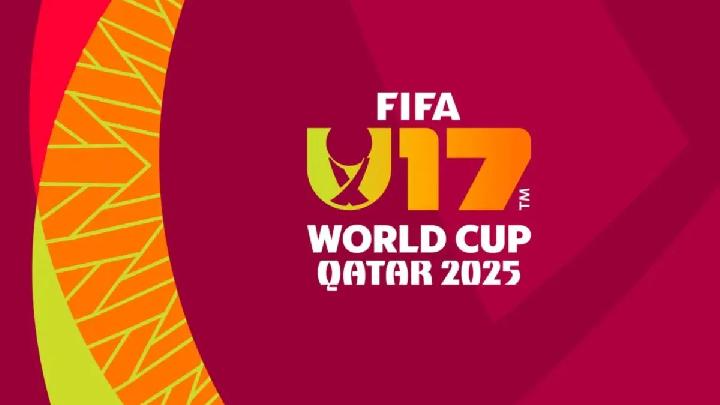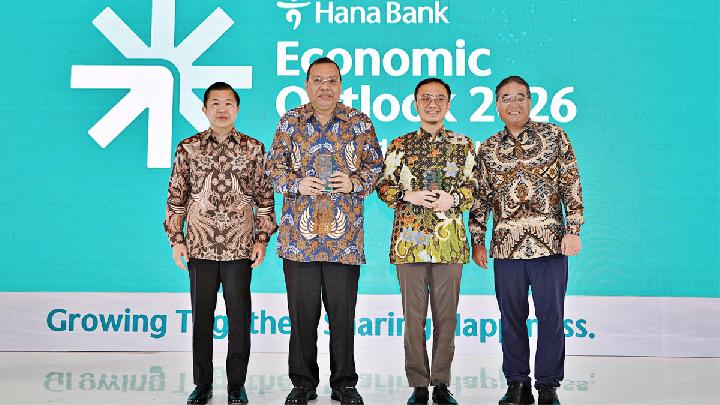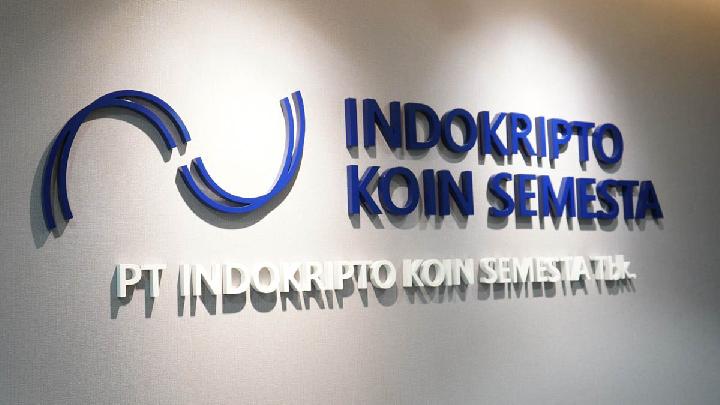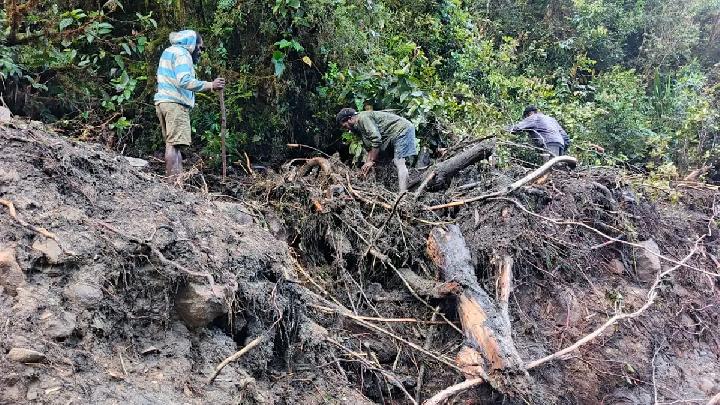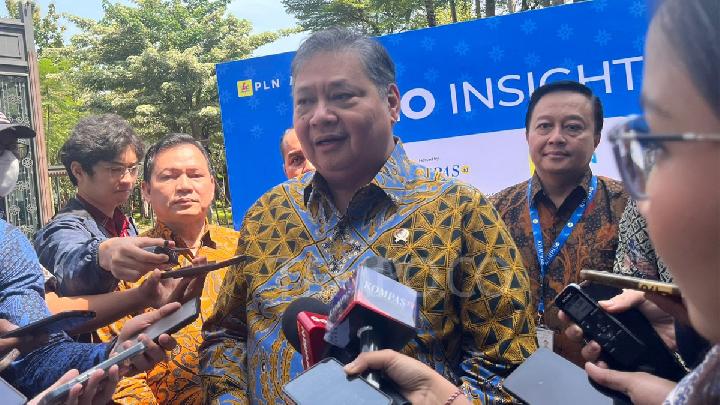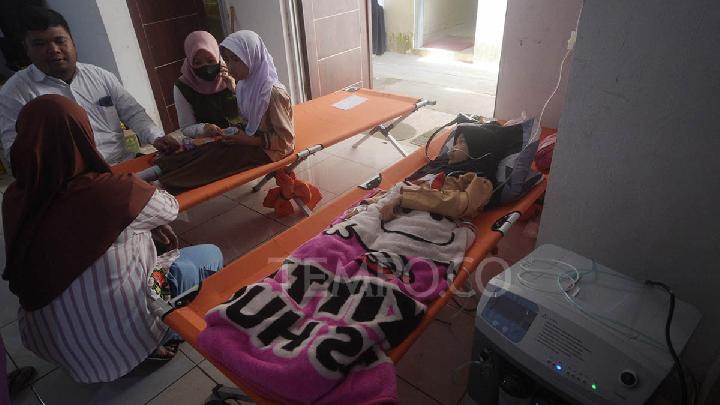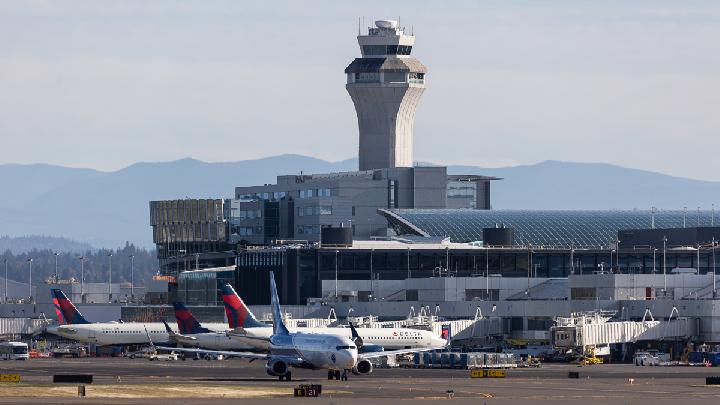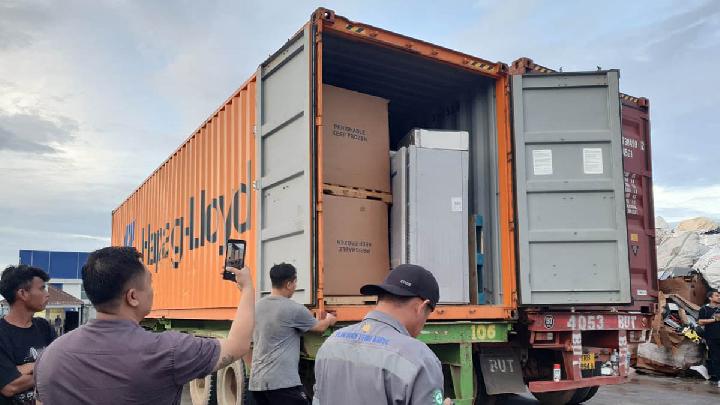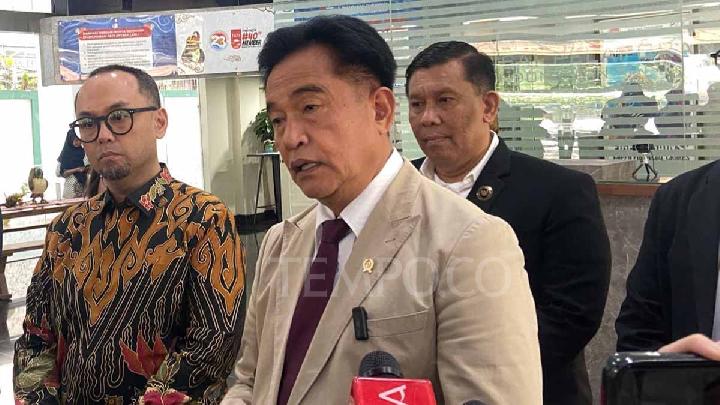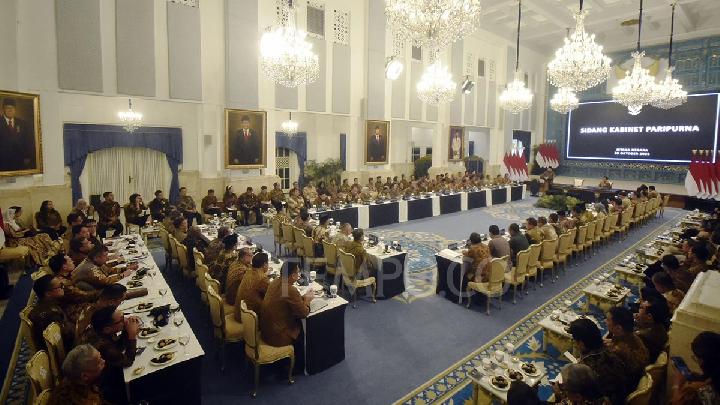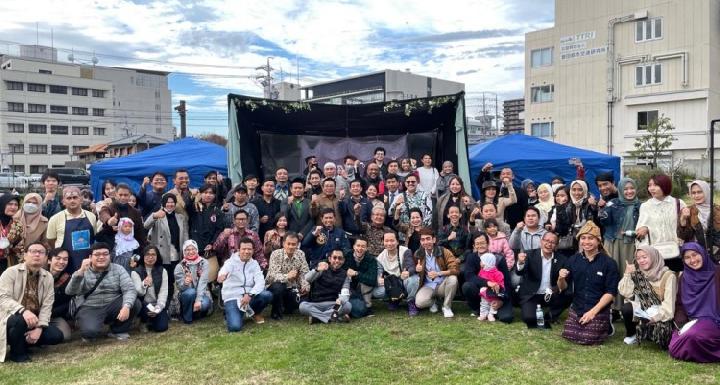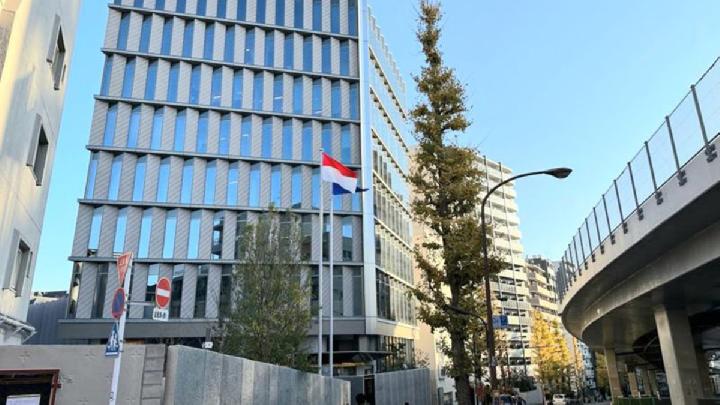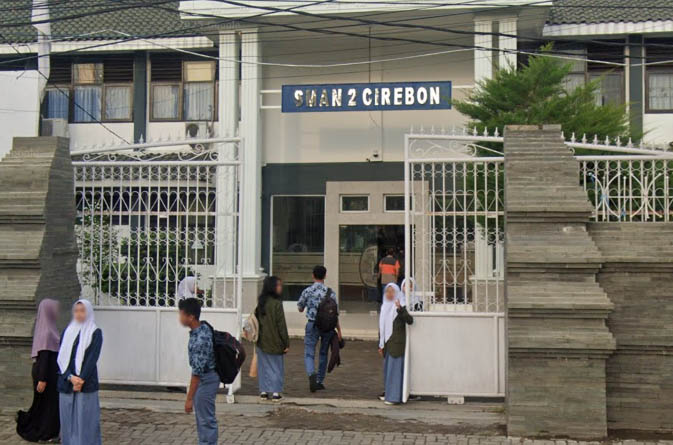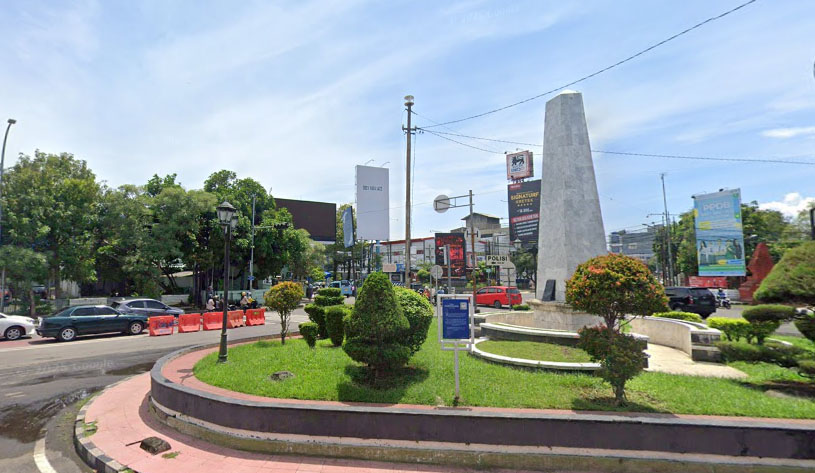TEMPO.CO, Jakarta - TomTom Traffic Index has released a list of cities with the highest level of traffic congestion in Indonesia. It's worth noting that Jakarta is not sitting at the top, as Bandung takes the spot as the most congested city in the country.
The TomTom Traffic Index analyzed traffic conditions in over 500 cities across 62 countries. The index assessed the average travel time and congestion levels in a city. The data used was sourced from the floating car data (FCD) system, which gathers information through various active vehicle navigation devices.
Throughout 2024, TomTom recorded at least 737 billion kilometers of travel as the sample for analysis. Each city is evaluated based on a combination of static factors—such as road infrastructure and speed limits—and dynamic factors, such as traffic density, construction projects, and weather conditions.
In the TomTom Traffic Index 2024 report, the Dutch company uses 12 main indicators to objectively and consistently measure the level of congestion in various cities around the world.
These indicators include travel time per kilometer, congestion levels, total vehicle distance, time lost in congestion, time lost per year, travel time during peak hours per day, travel time during peak hours per year, peak morning and evening hours, driving patterns on a weekly basis based on time, actual travel time per 10 kilometers in real-time, average travel time based on historical data, and the number of active congestion and the length of the queues.
Based on these results, Bandung tops the national level and ranks 12th for the longest average travel time in the world. The average travel time for 10 kilometers in Bandung is recorded at 32 minutes and 37 seconds. The congestion rate in the city reaches 48 percent, with a total of 108 hours wasted due to traffic congestion during rush hours each year.
Below is the list of the five cities in Indonesia with the longest average travel time for a distance of 10 kilometers, based on the latest data from TomTom:
1. Bandung: Average travel time: 32 minutes 37 seconds
2. Medan: Average travel time: 32 minutes 3 seconds
3. Palembang: Average travel time: 27 minutes 55 seconds
4. Surabaya: Average travel time: 26 minutes 59 seconds
5. Jakarta: Average travel time: 25 minutes 31 seconds
What prompts traffic congestion?
Traffic congestion is not caused solely by the volume of vehicles on the road. Citing a journal titled "A Confirmatory Factor Analysis of Road Users' Cognitive Attitudes Towards Contributing Factors of Traffic Congestion," several factors contribute to congestion, which can be grouped into two main categories: micro-level and macro-level factors.
This was revealed in the European Conference of Ministers of Transport (ECMT) report, which stated that congestion is "triggered at the micro-level but driven at the macro-level, which means the congestion problem is not entirely a traffic
engineering problem."
The micro factors refer to things that happen directly on the road, such as traffic incidents, traffic signal regulations, and road user behavior. Meanwhile, macro factors encompass broader issues, such as population, employment pattern, land use pattern, and economic activities.
In their regression and correlation analysis, Kolak and Wach found that the increase in population and economic activities also affects traffic density. Meanwhile, the Transportation Research Board identified seven main causes of congestion: traffic control devices, traffic incidents, fluctuations in demand, weather, special events, inadequate base capacity, and work zones. According to the report, these seven factors often interact with each other and worsen traffic congestion.
Furthermore, the Federal Highway Administration categorized these causes into three major groups: events that affect traffic flow, such as weather and construction work; fluctuating traffic demand; and physical road features, such as intersections, toll booths, and traffic signs.
Additional research by Afrin and Yodo reinforced these findings. They stated that congestion could be caused by inadequate infrastructure, traffic flow variations, road bottlenecks, weak traffic regulation systems, bad weather, and unexpected incidents such as accidents or major events.
Meanwhile, a study conducted by Chidi and Ideh underscored that poor road conditions, lack of parking facilities, indiscriminate parking, and the abundance of heavy vehicles such as trucks worsen traffic situations.
In Accra, Ghana, a study by Agyemang also found that the increase in the number of vehicles, economic development, unregulated land use, and the use of local public transport such as trotros are the main causes of traffic congestion. In another study, Agyapong and Ojo added that road user attitudes, like those of drivers, vendors, and pedestrians, and poor road design and frequent accidents also worsen congestion in city centers.
Rehan Oktra Halim contributed to the writing of this article.
Editor’s Choice: 12 Most Congested Cities in the World
Click here to get the latest news updates from Tempo on Google News

